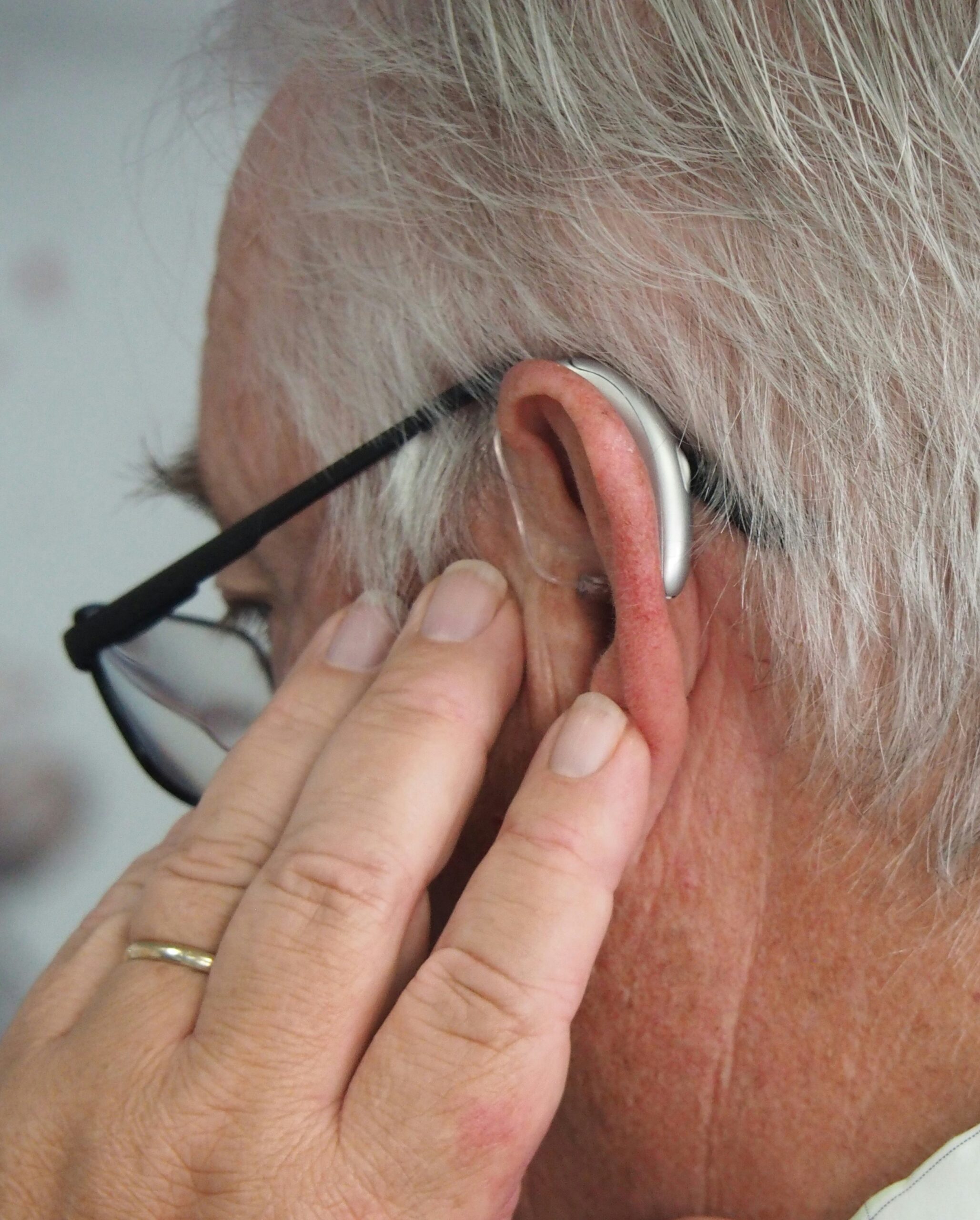The Link Between Hearing Loss and Cognitive Decline in Seniors

The Link Between Hearing Loss and Cognitive Decline in Seniors – Why Early Use of Hearing Aids Matters
As we age, hearing loss can seem like a natural part of life—an inconvenience, perhaps, but not something to worry about. However, recent research from Johns Hopkins Medicine reveals a deeper concern: untreated hearing loss may significantly increase the risk of cognitive decline, including memory loss and dementia. Fortunately, early intervention with hearing aids may protect not only hearing, but also brain health.
How Hearing Loss Affects the Brain
Hearing is more than just listening—it’s brain work. When sound signals are weakened or distorted by hearing loss, the brain must work harder to interpret them. Over time, this extra cognitive load can exhaust mental resources, leaving less energy for other crucial functions like memory and focus.
In fact, studies show that older adults with untreated hearing loss are more likely to experience accelerated brain shrinkage, particularly in areas associated with memory and speech.
The Mental Health Connection
Seniors with hearing loss often face increased social isolation, which is another major risk factor for cognitive decline and depression. Struggling to hear conversations can lead to withdrawal from family, friends, and community—triggering a domino effect that impacts emotional well-being.
Loneliness and reduced mental stimulation can significantly increase the likelihood of developing conditions such as Alzheimer’s disease.
The Role of Hearing Aids in Cognitive Health
The good news? Hearing aids can help.
Early use of hearing aids has been associated with:
-
Better brain function
-
Lower risk of cognitive decline
-
Improved mental and emotional health
-
Increased social engagement
According to Johns Hopkins, seniors who begin using hearing aids early after diagnosis are more likely to maintain cognitive function over time compared to those who delay treatment.
Don’t Wait—Get Your Hearing Checked
If you or a loved one is noticing signs of hearing loss—frequent misunderstandings, difficulty following conversations, or turning the TV volume up too high—it’s time to act. A simple hearing test can make all the difference.
Treating hearing loss is not just about hearing better—it’s about living better, longer, and with a healthier brain.
Hearing loss in seniors is more than just a sensory issue—it’s a cognitive health issue. The sooner it’s addressed, the better the outcomes. Investing in hearing aids early could be one of the most powerful steps toward protecting long-term brain function and overall quality of life.
